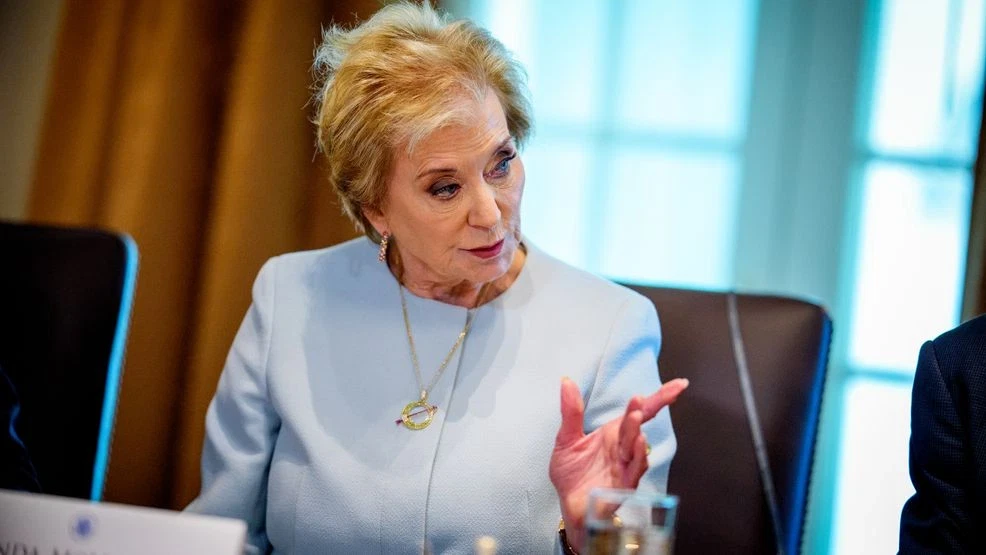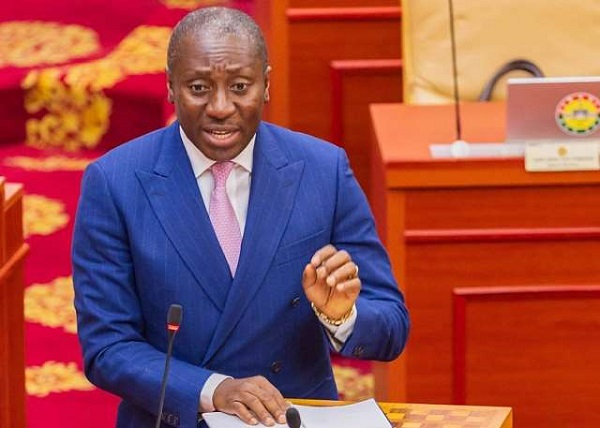Copyright WJLA

Seven of nine major U.S. universities have rejected a new Department of Education policy proposal known as the 'Compact for Academic Excellence in Higher Education,' a Trump administration initiative that would tie federal funding to a set of strict campus policies. the deadline for nine universities to weigh in passed Monday and institutions including the University of Arizona, Brown University, the University of Southern California, Dartmouth College, the University of Texas at Austin, the University of Virginia, Vanderbilt University, the Massachusetts Institute of Technology, and the University of Pennsylvania declined to endorse the policy. Only two universities — Vanderbilt and the University of Texas at Austin — have not yet fully rejected it. reported on October 1st that under the proposal, universities would gain expanded access to federal research funding and student aid only if they agreed to a range of conditions. These include freezing tuition for five years, limiting international undergraduate enrollment to 15 percent, banning consideration of race or sex in admissions and hiring, adopting a “biological definition” of gender, conducting annual campus surveys, disclosing graduate earnings, and enforcing stricter free speech and leadership oversight policies, to name a few. Universities found to have violated the compact could be required by the Department of Justice to return federal funds, a stipulation that many higher education leaders see as a red flag. Adherence to this agreement shall be subject to review by the Department of Justice. Universities found to have willfully or negligently violated this agreement shall lose access to the benefits of this agreement for a period of no less than 1 year. Subsequent violations of this agreement shall result in a loss of access to the benefits of this agreement for no less than 2 years. Further, upon determination of any violations, all monies advanced by the U.S. government during the year of any violation shall be returned to the U.S. government. Finally, any private contributions to the university during the year(s) in which such violation occurred shall be returned to the grantor upon the request of the grantor. While the Department of Education argues it promotes accountability and transparency in higher education, most universities view it as a politically motivated contract that could erode institutional autonomy. In a letter to Education Secretary Linda McMahon, several university leaders — including those from and — warned that the compact threatens academic freedom and undermines the long-standing principle that research funding should be awarded based on scientific merit, not political alignment. the rejections from Dartmouth and the University of Virginia came just after an Oct. 17 meeting where university leaders who were still undecided talked over the proposal with senior White House officials. reported the University of Texas at Austin appears to be the most open among the nine institutions, with its Board of Regents signaling a willingness to “engage in dialogue.” said it is still reviewing the proposal. Meanwhile, the University of Pennsylvania expressed partial support but noted “serious concerns” with several provisions. This latest policy push follows a broader federal effort to Earlier this year, the Trump administration froze or canceled billions of dollars in federal funding to universities, including Columbia, Harvard, UCLA, Cornell and Northwestern, cited alleged antisemitism and civil-rights violations linked to campus protests over the Israel–Hamas war. agreed to a settlement with the Trump administration, paying $200 million to restore most of the $400 million in federal grants that had been suspended. rejected the demands and is pursuing legal action. announced that any university in his state that signs onto the compact — including the University of Southern California — would immediately lose access to billions in state funding. As universities continue to debate the proposal, federal officials said the compact aims to uphold “academic excellence and accountability.” Higher education leaders warned it could mark a fundamental shift in how the U.S. government interacts with its most prominent research institutions.



